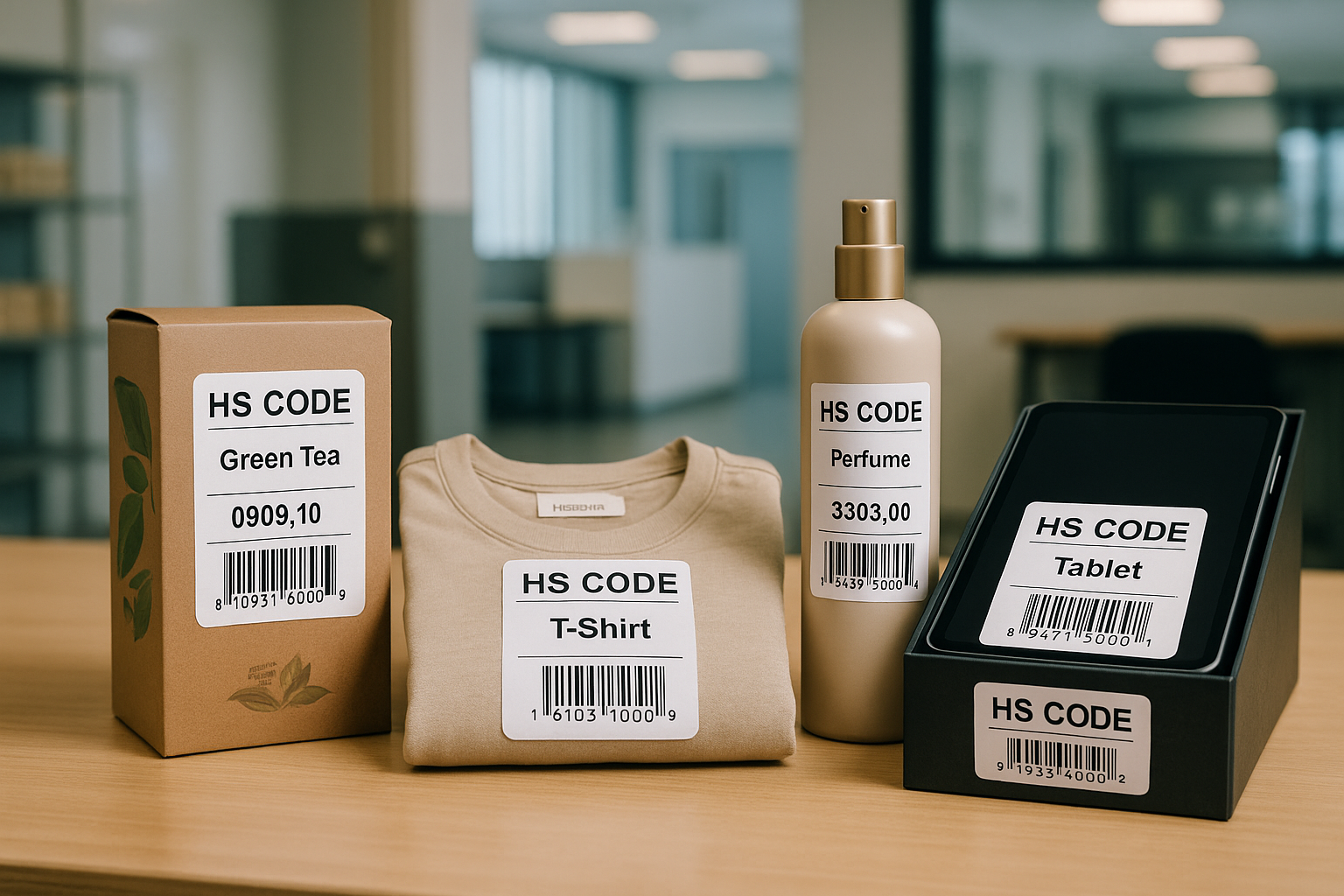The Harmonized System (HS) Code is a globally adopted framework used to systematically classify goods for cross-border trade, including imports and exports. It facilitates global trade by offering a unified system for identifying goods and determining applicable customs duties across countries.

The Harmonized System HS Code is a standardized numeric code consisting of more than six digits. It is used to classify products with precision for customs procedures and trade documentation. The system contains over 5,300 product categories, grouped into 99 chapters across 21 main sections.
In Saudi Arabia, HS Codes are required when registering products on the SABER electronic platform, where customs data must match official regulatory standards to ensure smooth processing and compliance.
HS Codes simplify the conformity certification process, ensuring products can be legally registered and marketed within the Saudi Arabian markets.
Accurately assigned HS Codes facilitate smooth entry of goods through official Saudi customs channels.
Standardized product classification improves coordination with the World Customs Organization (WCO), minimizing errors and inconsistencies.
Proper classification through the HS Code ensures accurate calculation of customs duties, supporting fair trade practices and protecting local industries.
All products intended for distribution in Saudi Arabia must be classified through the SABER platform, whether manufactured locally or imported. This ensures that all items meet applicable technical regulations before being released for sale in the market.



For products not subject to technical regulations, importers or local manufacturers can issue a Self-Declaration Certificate via SABER. This document serves as a formal declaration by the trader that the product complies with national legislation, without requiring third-party certification.
To obtain this certificate, the importer must submit a Self-Declaration Request and enter the relevant model numbers for the products.
FAHES supports businesses by managing the entire classification and registration process on the SABER platform. This includes creating client accounts, registering products, selecting accurate product descriptions, entering all required technical specifications, and completing the final submission of product records. By partnering with FAHES, businesses ensure that their product registration is carried out with precision, speed, and full compliance with the standards set by the Kingdom of Saudi Arabia.
Contact Us
Send us your details and our team will contact you to help with your certifications or technical inquiries.